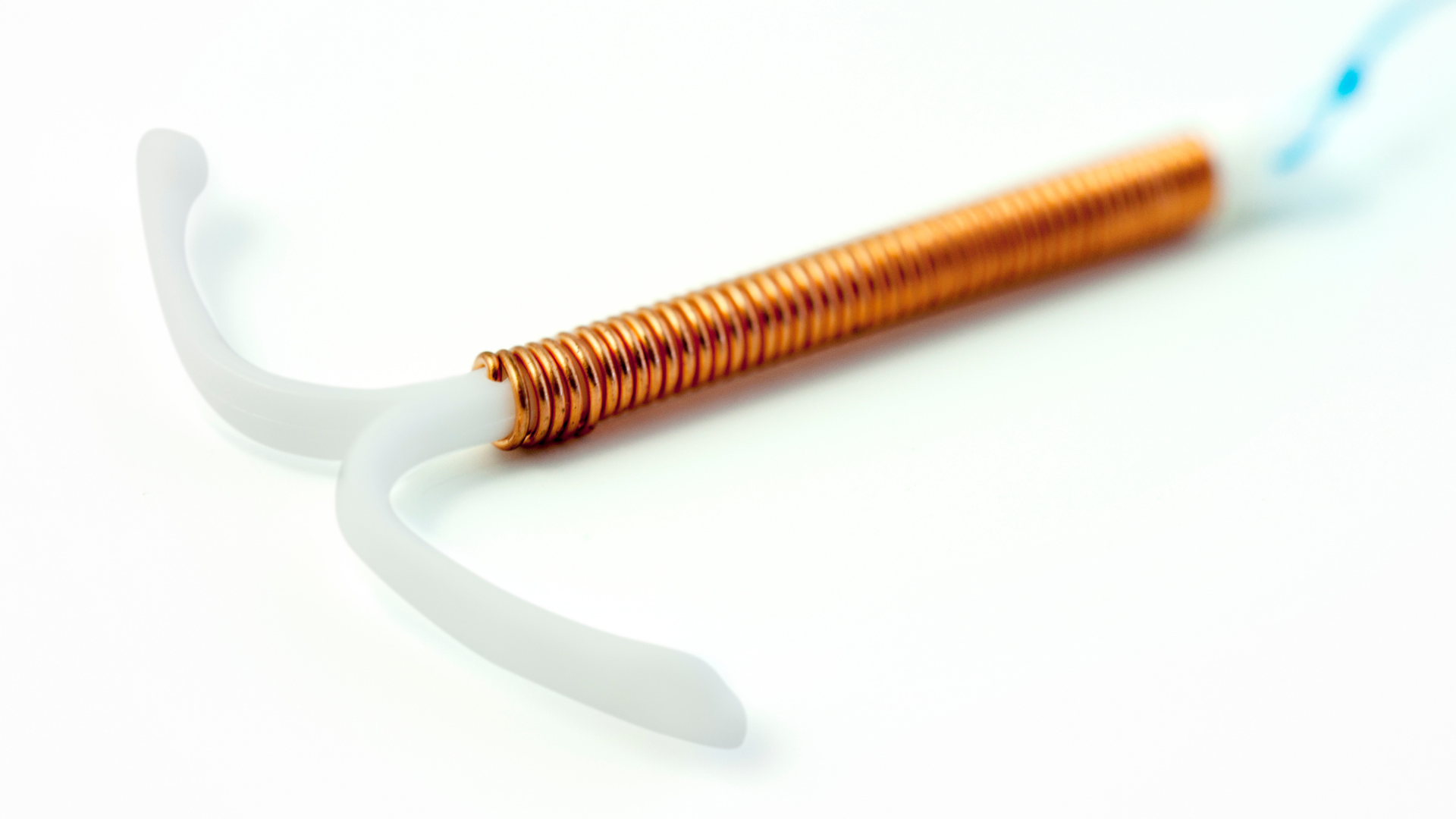
Intrauterine devices (IUDs), including both hormonal and non-hormonal types, are chosen by millions of women worldwide for their convenience and reliability. However, while these devices are generally well-tolerated, some users report various side effects, including neurological symptoms.
Mirena, a popular hormonal IUD, releases levonorgestrel to prevent pregnancy. Though effective, Mirena has been associated with potential side effects, including headaches, mood changes, and even more severe neurological symptoms in some cases. Understanding these risks is essential for individuals considering or currently using Mirena.
In this article, we will explore the potential neurological side effects of the Mirena IUD and provide a comprehensive overview of the evidence.
Key Takeaways
- The Mirena IUD is a popular form of long-acting reversible contraception that releases a hormone called levonorgestrel.
- Neurological side effects such as headaches, migraines, mood changes, and depression have been reported by some users.
- These side effects may be linked to hormonal fluctuations caused by the Mirena IUD and its potential impact on neurotransmitters and the nervous system.
- If you experience severe or persistent neurological side effects while using the Mirena IUD, it is essential to seek medical advice promptly.
About: DoctorMedica is your trusted supplier of top-quality dermal fillers, viscosupplements, and more for your medical practice. We offer genuine products from leading brands at the lowest prices in the market. If you’re looking to buy Mirena wholesale for your practice, the sales representatives at Doctor Medica can give you guidance.
What is the Mirena IUD?

The Mirena IUD is a small, T-shaped intrauterine device that provides long-term, reversible contraception. Developed by Bayer, it is one of the most popular hormonal IUDs on the market, chosen by many women for its dual benefits of effective birth control and therapeutic relief from certain gynecological conditions.
Mirena works by releasing a low dose of levonorgestrel, a synthetic form of progestin, directly into the uterus. This hormone thickens cervical mucus, making it difficult for sperm to enter the uterus and reach an egg. It also thins the uterine lining, reducing the likelihood of implantation and, in some cases, suppressing ovulation. This targeted hormone release helps prevent pregnancy and provides additional health benefits.
The Mirena IUD is commonly used for birth control, providing a long-term, reversible option for preventing pregnancy. It is also FDA-approved to treat heavy menstrual bleeding for up to 5 years in women who choose an IUD for contraception. Other benefits include reducing menstrual cramps and managing conditions like using a Mirena IUD for endometriosis and adenomyosis.
Reported Mirena Neurological Side Effects

One of the most commonly reported neurological side effects of the Mirena IUD is headaches, including migraines. These headaches can vary in intensity and frequency. The hormonal changes caused by the Mirena IUD, specifically the release of levonorgestrel, can trigger these symptoms in some users.
Mood changes, including depression, are another potential side effect associated with the Mirena IUD. Some users report experiencing mood swings, irritability, and depressive symptoms. These changes are believed to be linked to the hormonal effects of the IUD. The interaction between Mirena and hormones can influence neurotransmitter levels in the brain, potentially leading to these mood-related side effects.
Mirena users have reported other neurological side effects in addition to headaches and mood changes. These can include dizziness, fatigue, and, in rare cases, more severe neurological symptoms. Users must monitor their health and consult a healthcare provider if they experience any concerning symptoms. Understanding Mirena side effects can help users make informed decisions about their contraceptive options.
Mechanisms Behind Neurological Effects

The Mirena IUD releases levonorgestrel, a synthetic progestin, directly into the uterus. This hormone can cause fluctuations in the body’s natural hormonal balance, which may lead to various neurological effects. Levonorgestrel influences the levels of estrogen and progesterone, potentially triggering side effects such as headaches and mood changes.
Levonorgestrel can also affect neurotransmitter levels in the brain. Neurotransmitters like serotonin and dopamine play crucial roles in regulating mood, sleep, and pain perception. The hormonal changes induced by the Mirena IUD may alter the balance of these neurotransmitters, contributing to symptoms such as depression, anxiety, and migraines.
The nervous system can be sensitive to hormonal changes, and the introduction of levonorgestrel through the Mirena IUD may interact with neural pathways. These interactions can manifest as neurological side effects, including dizziness, fatigue, and more severe symptoms. Understanding these mechanisms helps recognize and manage the potential neurological side effects of the Mirena IUD.
Seeking Medical Advice and Management
It’s crucial for Mirena users to consult a healthcare provider if they experience severe or ongoing neurological side effects. Symptoms like intense headaches, significant mood changes, or any unusual neurological issues should not be ignored. Early medical advice can help manage these symptoms effectively and ensure overall well-being.
Managing these side effects typically involves a blend of medical treatment and self-care strategies. Healthcare providers might suggest medications to ease headaches or prescribe mood stabilizers for depression and anxiety. Incorporating lifestyle changes, such as stress management techniques, regular exercise, and a balanced diet, can also help reduce these symptoms and improve overall health.
When comparing treatments like Mirena v Kyleena, switching to a different IUD may alleviate symptoms, as individual responses to hormonal IUDs can vary. For those who find Mirena’s neurological side effects challenging, exploring alternative contraceptive options is essential. Non-hormonal methods like copper IUDs, barrier methods, or natural family planning may be preferable.
Other hormonal contraceptives with different formulations could also be better tolerated. Consulting a healthcare provider will help determine the most suitable contraceptive method based on your unique health needs and preferences.
Conclusion
The Mirena IUD may cause neurological side effects like headaches, mood changes, and other related symptoms due to its hormonal effects on the body. If you experience these issues, it’s essential to consult a healthcare provider who can help manage the side effects or recommend alternative contraceptive options.
Prioritizing your health and well-being is crucial when using Mirena or any birth control method, ensuring the treatment aligns with your individual needs and comfort.
FAQs
1. What is a Mirena IUD?
A Mirena IUD is a type of birth control device placed inside the uterus to prevent pregnancy.
2. Can using a Mirena IUD lead to neurological side effects?
Yes, some people have reported experiencing neurological side effects after having a Mirena IUD inserted.
3. What kind of neurological side effects can occur using a Mirena IUD?
The exact nature of these side effects varies among individuals, but they may include symptoms like headaches, dizziness, or even more severe conditions such as migraines and seizures.
4. Should one be worried about these potential neurological side effects?
While these side effects are possible, they’re not familiar. However, if you’re considering getting a Mirena IUD and have concerns about possible neurological issues, it’s best to discuss this with your healthcare provider first.
References
Croft, A. M. (2020). Intrauterine devices (IUDs). In StatPearls. StatPearls Publishing. https://www.ncbi.nlm.nih.gov/books/NBK557403/
Dhamangaonkar, P. C., Anuradha, K., & Saxena, A. (2015). Levonorgestrel intrauterine system (Mirena): An emerging tool for conservative treatment of abnormal uterine bleeding. Journal of mid-life health, 6(1), 26–30. https://doi.org/10.4103/0976-7800.153615
Agarwal, N., & Chopra, S. (2022). Mirena: Just a contraceptive device? Or A modality with diverse clinical applications !. Journal of family medicine and primary care, 11(9), 5031–5037. https://doi.org/10.4103/jfmpc.jfmpc_2545_20
Related Articles
Joanna Carr
Juvederm Breastfeeding: Considerations for Nursing Mothers
Juvederm fillers are commonly used for various cosmetic purposes, but their safety profile for breastfeeding mothers is not well-established.
Joanna Carr
Is Ozempic FDA-approved?
Ozempic (semaglutide) is FDA-approved. Initially authorized in December 2017 for type 2 diabetes management, its indications have since expanded. As o...
Joanna Carr
How Long Does VOM Filler Last?
Discover how long VOM filler lasts and what factors influence its durability. Learn about typical results, treatment areas, and tips to maintain long-...


